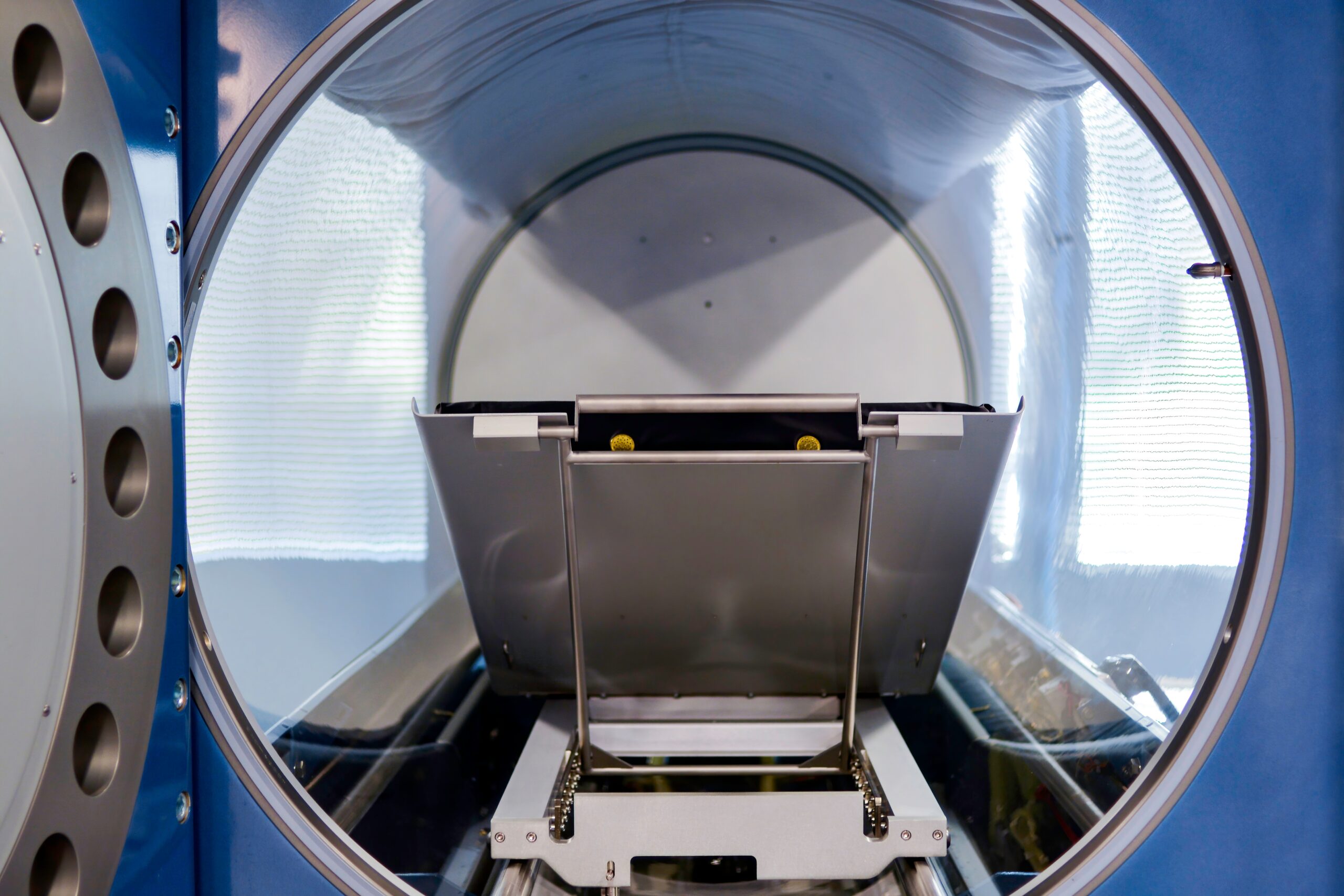A contentious debate ignites over Oregon State Hospital’s policy of providing taxpayer-funded sex toys, highlighting the complex balance between patient care and public perception.
At a Glance
- Oregon State Hospital used taxpayer funds to purchase sex toys, spending $2,900 on sexual aids last year.
- In 2023, 42 sex toys were distributed to patients at the facility.
- The facility houses patients from the criminal justice system, drawing criticism for its policies.
- Hospital policies aim to provide safe alternatives for sexual expression, inspected monthly for safety.
Background on Oregon State Hospital and Its Policy
Oregon State Hospital has come under scrutiny for its policy of distributing taxpayer-funded sex toys to its patients. The hospital spent $2,900 last year on 65 sexual aids, with 42 distributed this year. Advocates for the policy argue that providing these items helps reduce stress and prevent injury from improvised objects. The facility, known for its high-security psychiatric care, includes individuals unfit to stand trial or found guilty but legally insane.
Watch: Oregon State Hospital gives patients sex toys, funded with taxpayer dollars
Proponents, including hospital spokesperson Amber Shoebridge, contend that sexual aids have a therapeutic purpose. They argue that sexual expression needs remain even in institutional settings and that controlled access to appropriate devices can support emotional well-being.
Critics’ Perspectives and Concerns
Criticism arises from various corners, notably sexual assault survivors and crime victim advocates. Opponents argue that allowing sex toys in a setting populated by individuals from the criminal justice system may have unforeseen implications. Tiffany Edens, a vocal critic, expressed concern by stating, “How does that make any sense?” and questioned feeding into people’s fantasies in such an environment.
The hospital has faced similar criticism in the past for providing condoms, a practice now discontinued. As the policy continues to spark discussion, it underscores the ongoing conversation about ethical practices in mental health care, particularly relating to public perceptions and funding allocations.
Operational Guidelines and Safeguards
The hospital maintains a structured process for providing these sexual aids. Occupational therapists and an interdisciplinary team work to offer these tools, ensuring patient consent and understanding. Each device undergoes monthly inspections, and only hospital-approved, non-porous silicone devices are allowed. There are limits in place—each patient may have a maximum of two devices.
With varying costs from $14.78 to $84.99, these items come from a hospital-detailed catalog. The provision of such devices aims to create safe alternatives to potentially dangerous improvised objects patients might otherwise use. Amidst this controversy, the hospital remains at the intersection of patient advocacy, ethical concerns, and taxpayer accountability.








